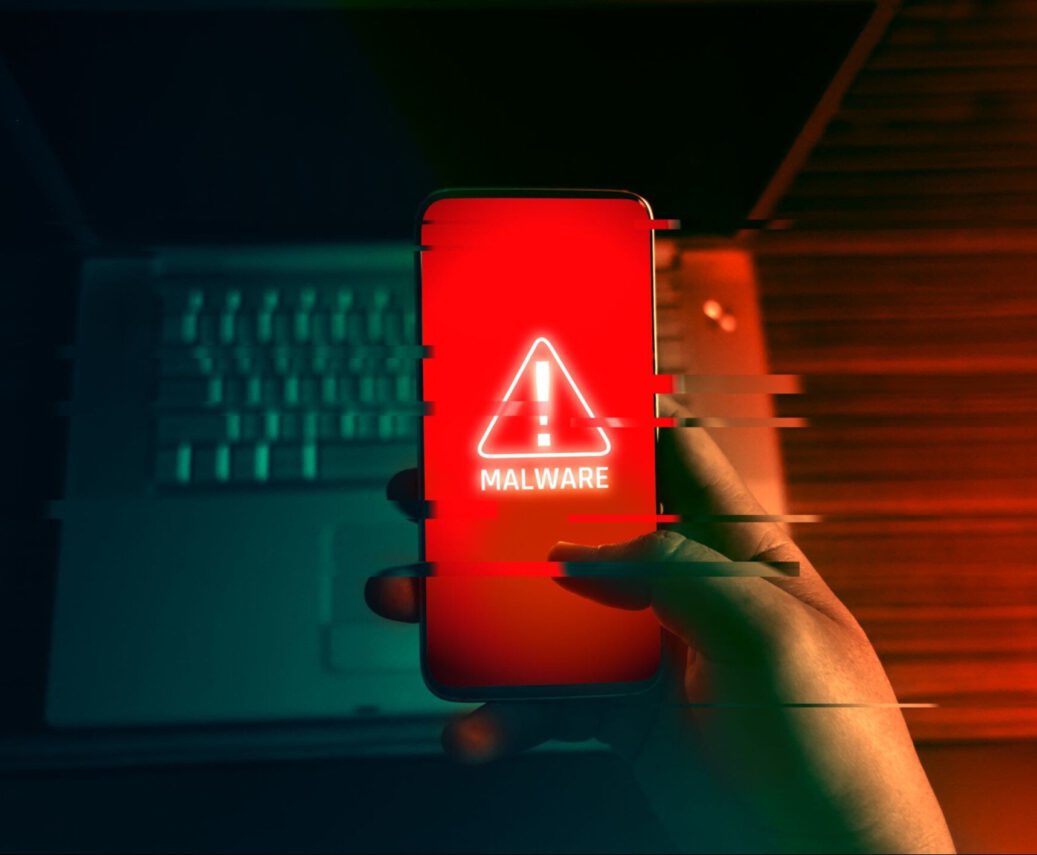In a significant cybersecurity incident, security researcher Jeremiah Fowler has uncovered an unprotected database containing more than 184 million login credentials. The 47.42 GB trove included plaintext usernames and passwords linked to major platforms such as Google, Apple, Microsoft, Facebook, Instagram, Snapchat, and Roblox. Alarmingly, the database also held sensitive data from banking institutions, healthcare providers, and government portals.
Fowler’s analysis suggests that the data was harvested using InfoStealer malware, a malicious software designed to extract sensitive information from infected systems. This malware can siphon off credentials, autofill data, cookies, and even crypto wallet details, often without the user’s knowledge.
The anatomy of the breach
The exposed database was neither encrypted nor password-protected, making it easily accessible to anyone who stumbled upon it. Fowler described the breach as a “cybercriminal’s dream working list,” emphasizing the ease with which malicious actors could exploit such data.
To verify the authenticity of the data, Fowler contacted several individuals whose information appeared in the database. Many confirmed the accuracy of the credentials, underscoring the real-world impact of the breach.
Implications for individuals and organizations
The ramifications of this breach are far-reaching. Here are some potential impacts:
-
Credential stuffing attacks: Cybercriminals can use the stolen credentials to gain unauthorized access to other accounts where users have reused passwords.
-
Account takeovers (ATOs): With access to login details, attackers can hijack accounts, leading to identity theft or financial fraud.
-
Corporate espionage: Business credentials found in the data could be exploited to infiltrate corporate networks.
-
Phishing and social engineering: Even outdated credentials can be used to craft convincing phishing campaigns targeting individuals or organizations.
“Many people unknowingly treat their email accounts like free cloud storage and keep years’ worth of sensitive documents, such as tax forms, medical records, contracts, and passwords without considering how sensitive they are,” Fowler said. He advises individuals to regularly delete old emails containing personally identifiable information (PII) or financial documents and to use encrypted cloud storage solutions for sharing sensitive files.
The growing threat of InfoStealer malware
InfoStealer malware has become increasingly prevalent, often distributed through phishing emails, malicious websites, or bundled with pirated software. Once installed, it silently collects data, sending it back to command-and-control servers operated by cybercriminals. The stolen information is frequently sold on dark web marketplaces, fueling a cycle of cybercrime.
The accessibility and profitability of InfoStealer malware have led to its widespread adoption among cybercriminals.
Proactive measures: strengthening cybersecurity posture
In light of this breach, both individuals and organizations must take proactive steps to safeguard their digital assets:
-
Regularly update and diversify passwords: Use unique, complex passwords for different accounts to prevent credential stuffing attacks.
-
Enable two-factor authentication (2FA): Adding an extra layer of security can thwart unauthorized access, even if credentials are compromised.
-
Monitor for unusual activity: Keep an eye on account activity and set up alerts for suspicious login attempts.
-
Educate and train employees: Organizations should conduct regular cybersecurity training to raise awareness about phishing and other common attack vectors.
-
Implement robust security solutions: Utilize reputable antivirus and anti-malware software to detect and prevent infections.
The exposure of 184 million login credentials serves as a reminder of the vulnerabilities inherent in our digital lives. As cyber threats continue to evolve, staying informed and adopting robust cybersecurity practices are essential steps in protecting personal and organizational data.
Follow SecureWorld News for more stories related to cybersecurity.
